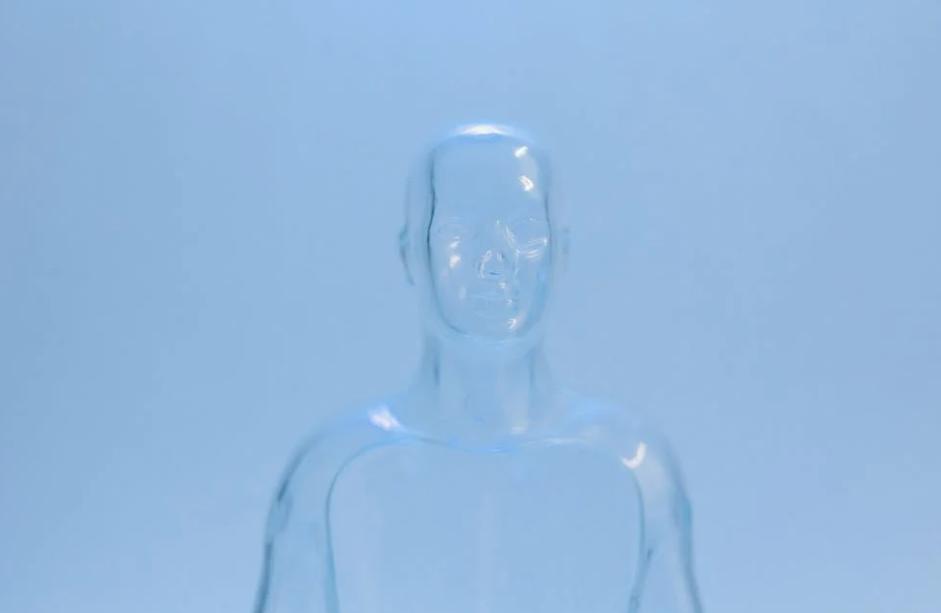Musk's latest interview: An open AI world needs to be created to counter resource monopolies, and he does not wish to be driven by interests
Author: Zheng Songyi
A few hours ago, Elon Musk participated in a live interview with Jordan Peterson, a psychology professor at the University of Toronto, at the Texas Gigafactory.
During the nearly two-hour interview, the two discussed topics related to AI development and human civilization.
At the beginning of the interview, Musk introduced the recent progress of his large model, Grok (developed by xAI).
He stated, "The pursuit of a deep understanding of things is the goal of AI development, and Grok is making efforts in this direction.
But to be honest, xAI has only been established for a little over a year, and there is indeed a lot of work to be done to catch up with companies that have been around for five, ten, or even longer years."
Specifically, Musk admitted that the newly released Grok-1.5 model still has gaps compared to GPT and Gemini. He revealed that Grok-2 completed training a month ago, using about 15,000 GPUs (H100), and is currently undergoing fine-tuning and error correction, hoping to release it next month with performance close to GPT-4.
Additionally, Musk disclosed that Grok-3 is being trained synchronously at the Memphis data center, which is expected to complete training in about 3 to 4 months, followed by fine-tuning and error correction, with hopes of releasing Grok-3 before December. Grok-3 may become the most powerful AI large model in the world.
It is reported that the Memphis data center has the largest supercomputing cluster in the world, with 100,000 liquid-cooled H100 GPUs. In terms of computing power, this is about 20 times the 25,000 A100 GPUs used by OpenAI to train GPT-4.
Many people are concerned that the advancement of AI technology will bring unpredictable security risks.
In Musk's view, the ultimate goal of all AI companies is to build digital superintelligence, which refers to agents that are much smarter than humans.
"You can consider this a wise choice, or you can say it's dangerous, but whether you agree or not, this is indeed happening," Musk said.
He mentioned, "In the face of the potential risks posed by AI, to quote a movie line, we can choose to be participants or bystanders. But the xAI team chose the former, in order to have a better chance of guiding AI in a direction that benefits humanity."
Musk believes that the increasing number of players in the AI field is a good thing, as it can create a more open AI world.
He pointed out that maintaining a situation where only Google is dominant is dangerous, as Larry Page (Google's founder) did not fully recognize the safety risks of AI.
"It really needs some new AI companies to act as a counterbalance to Google, because at that time Google had strong computing and financial resources. In terms of AI, this is a 'unipolar world,' and if that 'unipolar world' is dominated by Larry Page's personal awareness, I think it is irresponsible to humanity. This was also the original intention of participating in the creation of OpenAI."
When discussing why OpenAI was defined as a non-profit organization, Musk stated that typically, if a company does not consider shareholder interests, it faces the risk of being sued. Therefore, he did not want OpenAI to be driven by interests, but rather to become a company that truly addresses the fundamental issues of AI.
At the end of the interview, when discussing human civilization, Musk reiterated his viewpoint.
Musk is an advocate for population growth; he supports continuing to expand the population size, as this means an increase in the number of human brains on Earth, further expanding the scope of consciousness.
Many people believe that the Earth is almost unable to bear the weight of humanity, but Musk has a different view: "If calculated using physics, the Earth can sustain a population that is ten times the current number."
"We can find better ways to improve the resources that support human survival. Seventy percent of the Earth is water, and seawater desalination is now very cheap, so there is actually no shortage of water. Food is also not lacking with improved planting technologies, and energy issues can also be resolved."
Additionally, Musk emphasized the importance of exploring extraterrestrial planets again, believing that human life should naturally extend to multiple planets, further expanding the scope of consciousness while allowing human civilization to persist longer.









